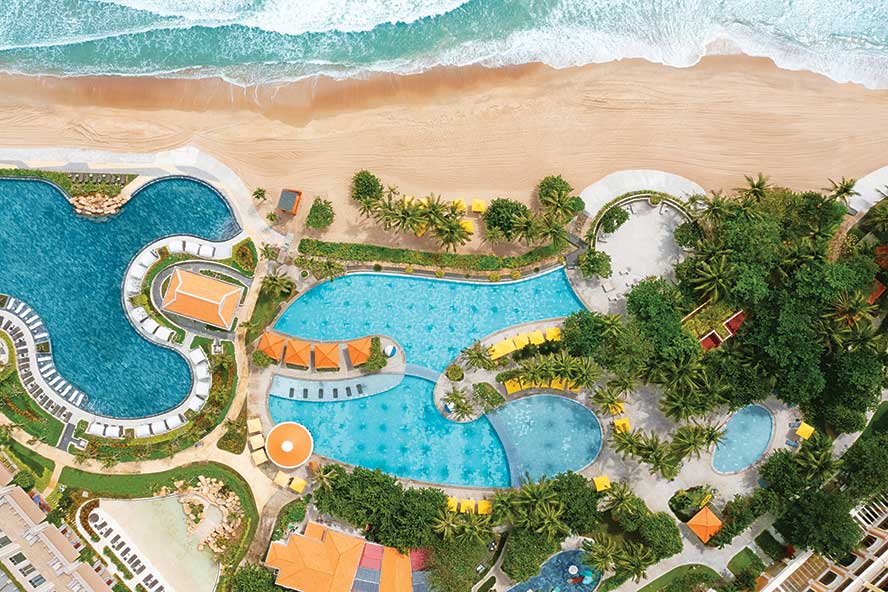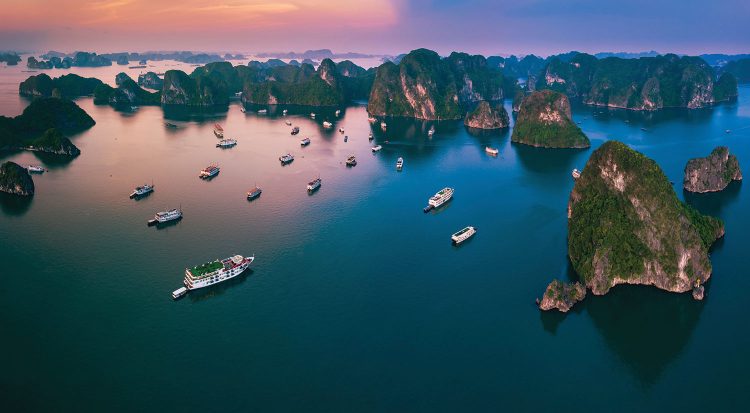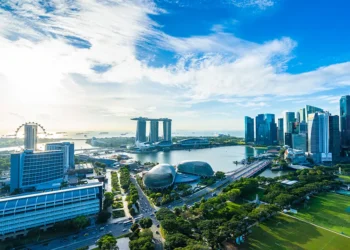IAG recently spoke with Shaun McCamley, former President at integrated resort The Grand Ho Tram Strip on Vietnam’s south-east coast, about the challenges facing the nation’s foreigner-only casinos and plans to add two more casinos to a pilot program for locals gaming.
Inside Asian Gaming: There were recently reports that Vietnam’s Ministry of Finance wants to extend its pilot program for locals by two years and add two more casinos into the mix – one in Da Nang City and one on Hon Tre Island, Khanh Hoa Province. What does the potential addition of these two casinos tell us?
Shaun McCamley: I think it’s a very positive story that the Ministry of Finance is looking to at least move in this direction, however we also need to keep in mind when we hear these stories that there is a lot left of that road to run, because as powerful as the Ministry of Finance is, the real power is with the Politburo and if the Politburo is not on board then nothing is going to happen. And as we’ve seen in the past, the Politburo is not supportive of gambling in any form. I’m hoping this is an indication that things are changing, but I wouldn’t be hanging my hat on it.
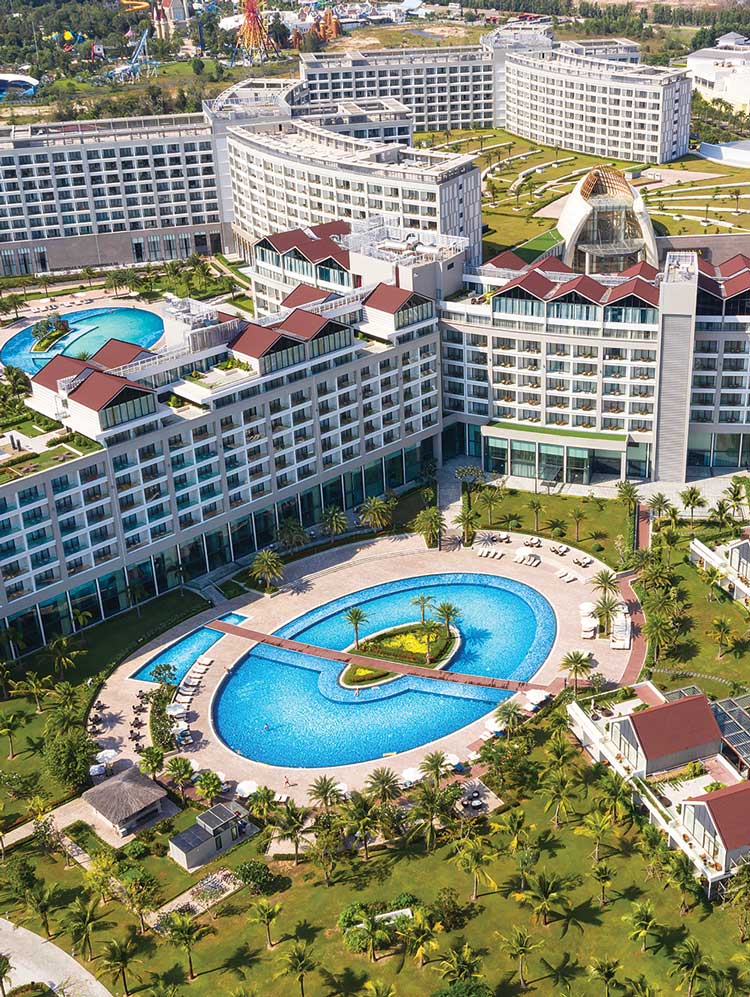
IAG: The pilot program launched in 2019 with Corona Resort & Casino on Phu Quoc, while a second casino named to the program at the same time in Van Don Province still hasn’t opened. Have we learnt much from the first three years?
SM: It’s been very difficult to take a positive overview, but I look at it from a high level.
Really, the government has always been conservative in its approach to gambling and to the provision of gambling to the local population. Corona and Van Don province to the north were chosen because they are quite isolated and difficult for locals to get to regularly. For example, it’s a 40-minute flight from Ho Chi Minh City to Phu Quoc and a 40-minute drive from there to the property. To be honest it’s not a very good drive either – it goes past the largest rubbish tip on the island – so the pilot was never going to prove the real value of what bringing locals to the property can do.
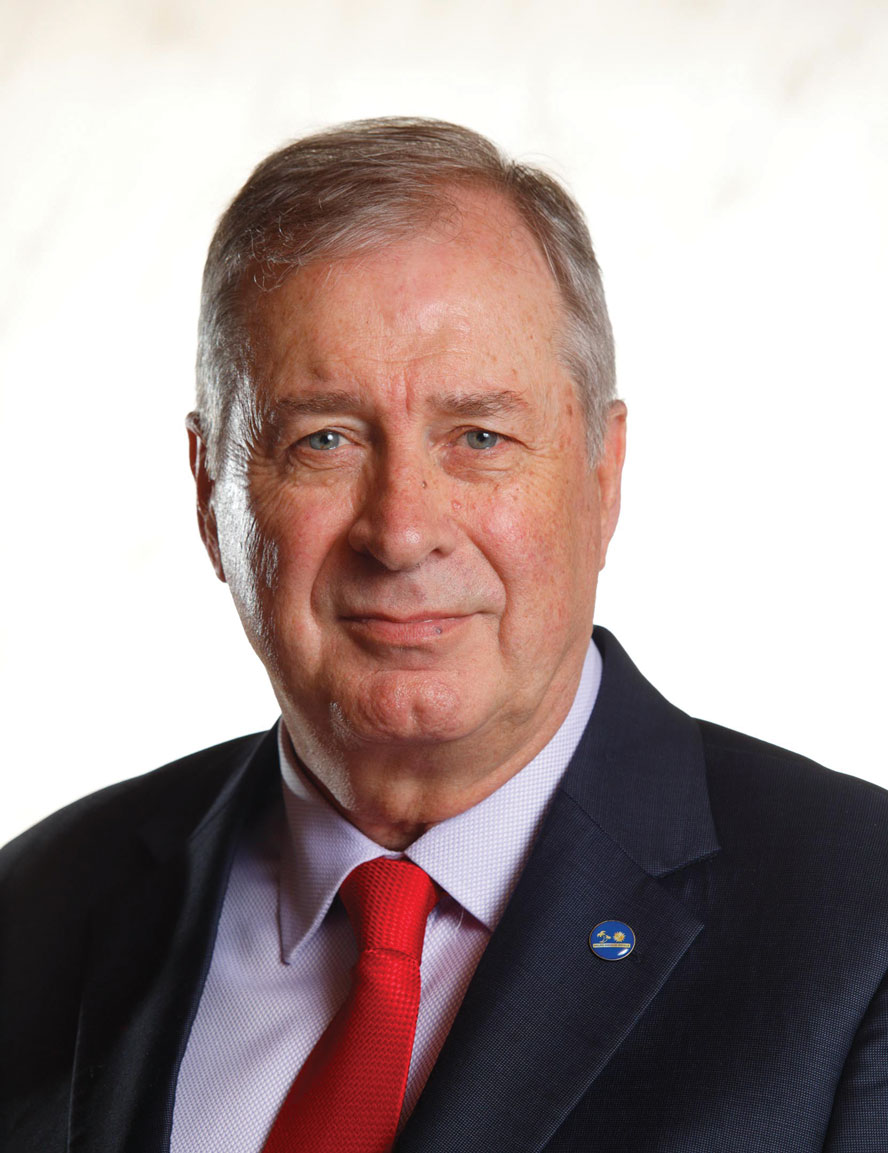
But it’s a positive step. My view is that you turn on the tap and it’s a drip-by-drip process. We’re still at two drips, and we’ve got a long way to go before we can talk about anything opening up.
IAG: The two new casinos proposed are located in Da Nang City and on Hon Tre Island in Khanh Hoa Province. What do you know about these two developments?
SM: If you look at the first one in Ba Na Hill area in Da Nang, there is already a very large development group there. [The project’s investor] Sun Group is also one of the biggest real estate developers in Vietnam, and they’ve already been working with Steelman Group to draw up a master plan. The plan I was looking at only recently details four distinct zones and in one of those is a casino facility with a pretty large floor space of around 8,000 square meters. They are looking at hotel room capacity of about 3,000 keys, so it’s a pretty significant property.
The other development further north, which involves VinPearl. They’re the two largest groups in Vietnam. They are very Vietnamese in their ownership, which I think also sends a message that the government is prepared to support Vietnamese-owned businesses above all else. There is a clear message in the fact that two other properties have not been mentioned.
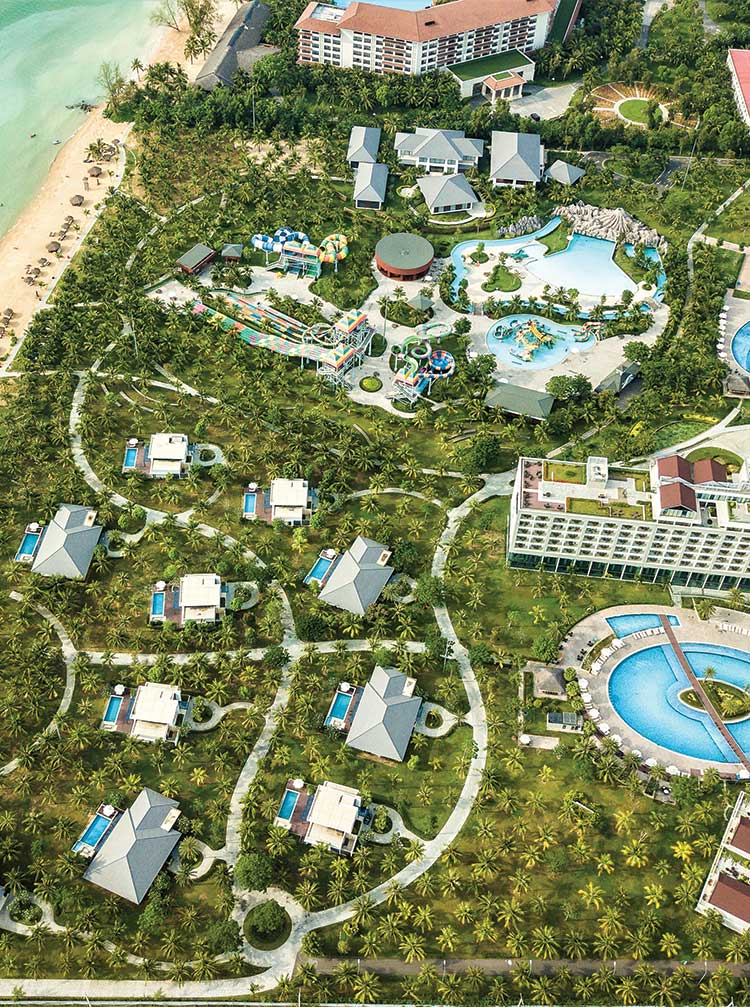 IAG: Those two that have not been mentioned are Ho Tram and Hoiana. Should they be concerned?
IAG: Those two that have not been mentioned are Ho Tram and Hoiana. Should they be concerned?
SM: I think that is the clear message, and my take from doing business over many years in Vietnam is that clearly the government supports local interests over international interests and they will always be given the priority when the government looks to expand these programs. It’s a real shame because Ho Tram is a beautiful property in a great location. Hoiana is also a beautiful property, well sized with significant investment put into it. The result has been stunning. It’s hard to criticize anything about how those properties have been laid out or how they are managed, but it’s very, very tough, and I can say that from my own experience. It’s a very tough landscape as a foreigner doing business in Vietnam.
I used to call doing business with Vietnamese officials the “rubber band mentality”. What I mean is they are the absolute masters of negotiation. We would always get price rises every month across the board, whether it be water, power, resources – they would always put the prices up. As a responsible manager looking to protect shareholder interests, I had to negotiate, but they would stretch the rubber band right until breaking point to the point where you would just throw your hands up and walk away – then they would release the rubber band just a little bit. Then you’d know that the next month you would be in for the same process.
I always thought the Chinese were master negotiators, but the Vietnamese – very, very difficult to deal with as a foreigner.
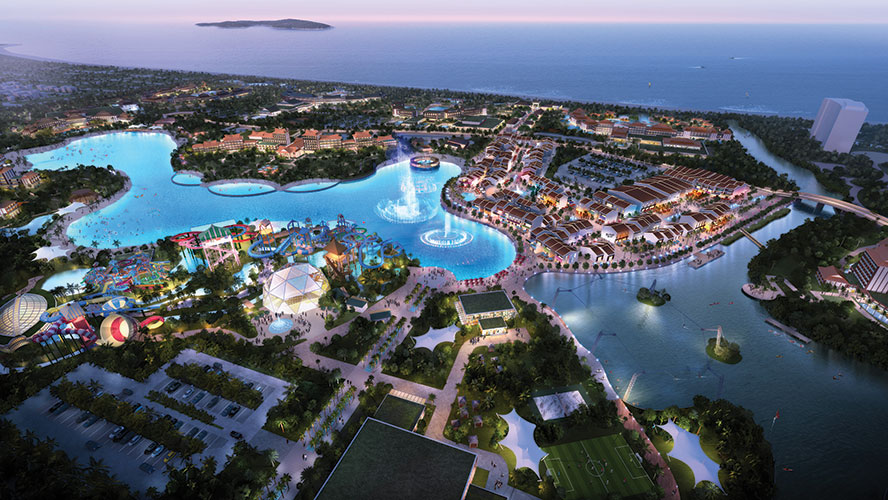
IAG: Is the foreigner-only casino model sustainable?
SM: It is very difficult to be successful under the foreigner-only model. It’s very, very challenging. You need the local market if you are going to make the business reach its budget and objectives. I’d have to say it’s even harder today with COVID and the restrictions China has placed on its citizens.
IAG: Is the minimum US$2 billion investment level for foreign companies wanting to develop an integrated resort with a casino too high?
SM: I’ve always said it is too high and unreasonable. The figures we have always spoken about are more around the US$400 million to US$500 million mark, and in today’s market that’s even more relevant given the additional difficulties in bringing players to the table to play.
For US$500 million you still get a very good property. You don’t necessarily need the 18-hole golf course that goes with a lot of these IRs. It doesn’t drive revenue. Of course, it helps – it’s an additional tool in the toolbox – but today technology also gives us assistance in what we can do to drive revenue to our businesses. Proxy betting, phone betting – that’s been around for a long time but we know how much revenue it brings to the table. For some properties, 75% of their revenue is brought in by proxy.
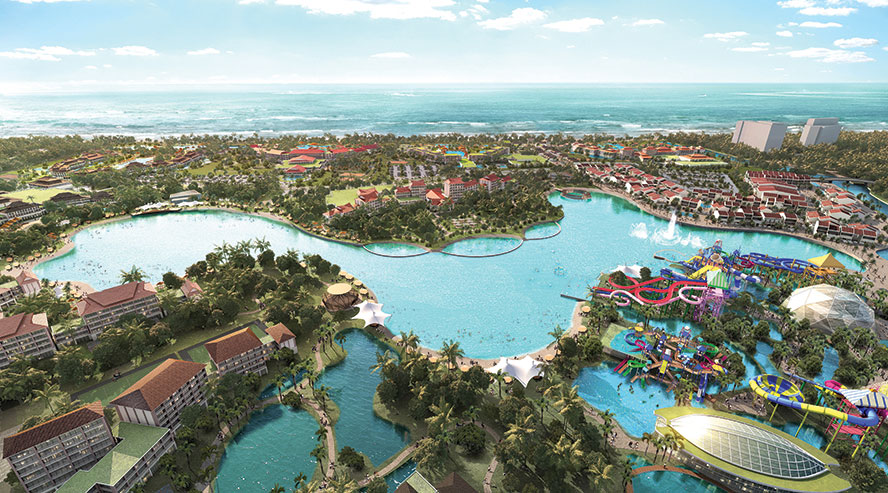 IAG: Is there potential for the locals market in Vietnam?
IAG: Is there potential for the locals market in Vietnam?
SM: I think we’re currently looking at limited potential really. We’ve seen two large properties struggle. Ho Tram is effectively a real estate business now – it really doesn’t have any significant contribution from gaming. I’d like to say that Hoiana wouldn’t be in that same box but it’s hard to say it isn’t, if we are brutally honest. It looks like it is going to be a real estate development in terms of delivering the core revenues, because I don’t see how gaming can.
So there is a long way to go before we can think about seeing recognized integrated resort developers like Wynn coming into Vietnam. Until they open up with a non-foreigner model and allow locals, I don’t see that there will be any further large investment coming into the country.
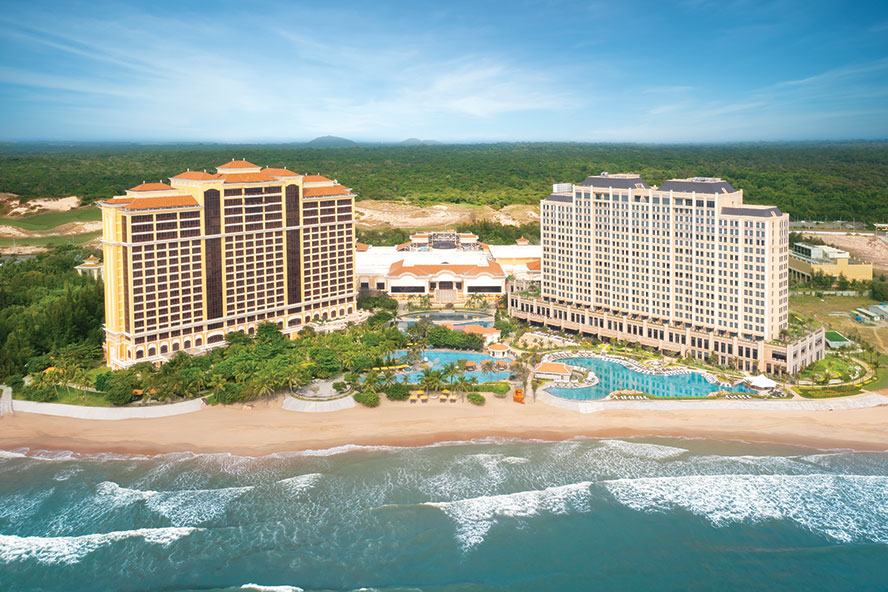 That’s a shame because it’s such a wonderful country and there could be a lot of opportunity here, but the government places a lot of restrictions on foreign companies coming into the country. It seems to me that the message from the Ministry of Finance is that they have identified two large local groups and that is where they will be looking for development. Why have a foreigner come in when we’ve got it at our back door?
That’s a shame because it’s such a wonderful country and there could be a lot of opportunity here, but the government places a lot of restrictions on foreign companies coming into the country. It seems to me that the message from the Ministry of Finance is that they have identified two large local groups and that is where they will be looking for development. Why have a foreigner come in when we’ve got it at our back door?
IAG: Finally Shaun, do you believe we will ever see the locals gaming market truly opened up in Vietnam?
SM: I honestly think it’s a long way down the track before we see that. There are four social evils considered in the Vietnamese culture and gambling is probably the first one along with drugs, prostitution – the usual suspects. Until the Politburo changes its thinking, I don’t think it will happen.
We have to look at the government structure in Vietnam where the Politburo is like the Board of Directors and the Prime Minister’s office and the other ministries are like the executive. They simply follow the directive of the Politburo and if the Politburo doesn’t give the final sign-off then nothing is going to happen. That is the story of Vietnam. Nothing happens without the say so of the Politburo, and there are a lot of anti-gambling people in the Politburo.
